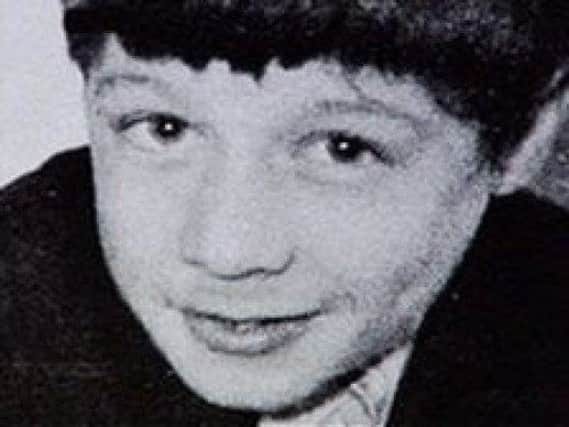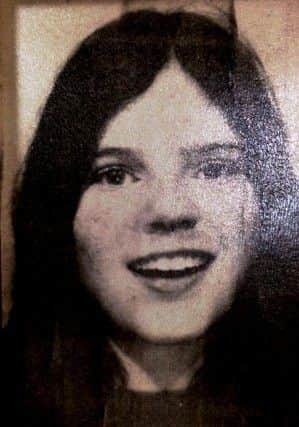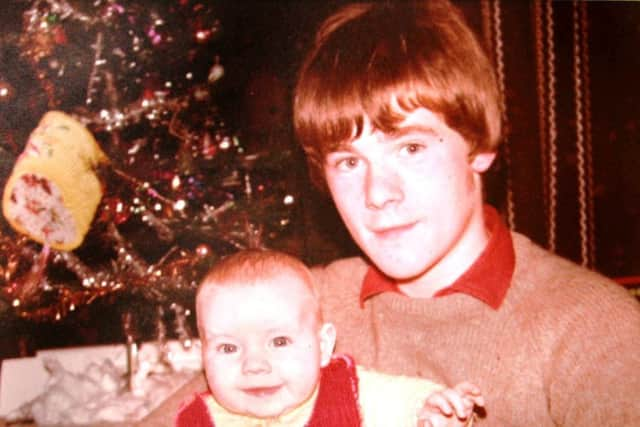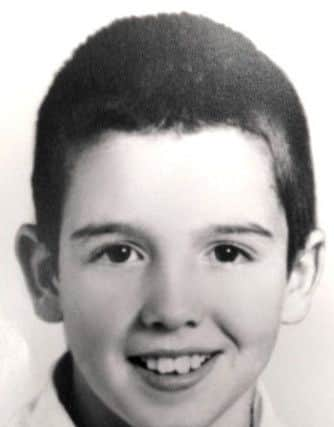Relatives' fury at plan to '˜protect' British soldiers


A House of Commons committee this week recommended that soldiers who served in the North during the ‘Troubles’ should be protected from future prosecutions by a ‘statute of limitations’.
The Defence Committee proposal comes after a number of former security forces members were recently charged with offences related to the 30-years conflict.
Advertisement
Hide AdAdvertisement
Hide AdThe committee also said it would “encourage the next government to extend the provision to include former members of the Royal Ulster Constabulary and other former security personnel.”


Along with a statute of limitations, the committee has called for a truth recovery mechanism to help bereaved families.
The PSNI is currently investigating 354 ‘Troubles’ killings attributed to the security forces.
Derry-based human rights group, the Pat Finucane Centre (PFC), says it will strongly oppose the Westminster proposals.
Advertisement
Hide AdAdvertisement
Hide AdThe PFC, which has lobbied on behalf of many local families whose loved ones were killed by the security forces, branded the moves “deeply flawed.”


It accused the Defence Committee of appearing to see “nothing morally questionable in applying the law selectively against civilians and not against soldiers or police.”
According to the PFC, the killings attributed to British soldiers during the conflict have never been properly investigated - hence the legal obligation to investigate now.
A spokesperson said: “It is a fallacy that these cases are repeatedly being subject to re-investigation after re-investigation. A statute of limitations would amount to impunity for State actors for their actions during the conflict and flies in the face of domestic and international law.”
Advertisement
Hide AdAdvertisement
Hide AdSome of the local cases that could be affected by the ‘statute move include:


Sammy Devenny (April 1969). Metropolitan Police failed to get at the truth because of ‘ a conspiracy of silence’ within the RUC. Recently it emerged that Met files on the case will remain closed until 2022.
Dessie Beattie (July 1971). The soldier who fired the fatal shot was never interviewed by the RUC, no photographs or forensic measurements were taken at the scene and no witnesses were interviewed by the RUC.
Annette Mc Gavigan (September 1971). For years the MoD denied its soldiers were responsible and then, claimed to be unaware which regiment was at the scene.The shooter was never interviewed by the RUC.
Advertisement
Hide AdAdvertisement
Hide AdEamon Mc Devitt (August 1971). Shot by Royal Marine Commandos in Strabane. Eamon was deaf and mute. ‘Marine 5’, who was the shooter, provided one unsigned statement that was dated 9 hours before Eamon was shot.


William McGreanery (September 1971). Despite an RUC recommendation that the soldier who shot him be prosecuted for murder, the Attorney General ruled that a soldier could not, by definition of being a soldier, be guilty of murder. These documents were withheld from the family.
Kathleen Thompson (November 1971). The soldier who fired the fatal shot was interviewed for a total of 15 minutes by the RMP. No RUC investigation took place at any time in the months following the killing. Three other soldiers were interviewed by the RMP for 15 minutes each.
Tobias Molloy (July 1972). Shot in chest by soldier firing rubber bullet in Strabane. Taken to Lifford hospital where he was pronounced dead. No soldiers interviewed and no evidence from soldiers presented at inquest.
Advertisement
Hide AdAdvertisement
Hide AdDanny Hegarty (July 1972). Soldiers claimed to have shot a gunman some 70 feet distant from their position. Daniel was shot at less than 10 feet range. The HET described the RUC investigation as ‘dreadful’.
Thomas Friel (May 1973). Killed by soldier who fired rubber bullet. Soldiers’ statements were taken “to inform higher command of what was happening operationally” before all the evidence had been collated. Key witness evidence not put to soldier or followed up on.
Jim Gallagher (May 1976). Jim was shot when a soldier opened fire on a bus travelling along Strand Road. In one of the few occasions where a prosecution followed, the soldier served a two and half year sentence for manslaughter.


Dennis Heaney (June 1978). Shot by an undercover soldier of the 14 th Intelligence Company. No attempts were made to gather evidence or preserve the scene or to take measurements.
Advertisement
Hide AdAdvertisement
Hide AdPaul Whitters (April 1981). Shot by RUC officer who fired plastic bullet at Paul who died of his injuries 10 days later. A Police Ombudsman investigation found that a number of civilian witnesses had come forward but the investigating officer had failed to take statements from them. PONI sharply criticised the flawed investigation.
Gary English and Jim Brown (April 1981). Struck by army landrover on Creggan St.. Jim was killed instantly. The landrover then reversed over Gary, killing him.
The deaths were treated as a “road traffic collision” and were investigated by a “mainly unsupported” uniformed sergeant. The driver was charged with reckless driving and another soldier with aiding and abetting the offence. They were acquitted.
Henry (Harry) Duffy (May 1981). Shot and killed by soldier who fired plastic bullet. The family engaged with HET but have never received a report.
Advertisement
Hide AdAdvertisement
Hide AdStephen McConomy (April 1982). Stephen died three days after being hit by a plastic bullet fired by a British soldier. The soldier was interviewed for a total of 63 minutes by the RUC who failed to identify and interview the majority of civilian witnesses or carry out basic crime scene procedures.